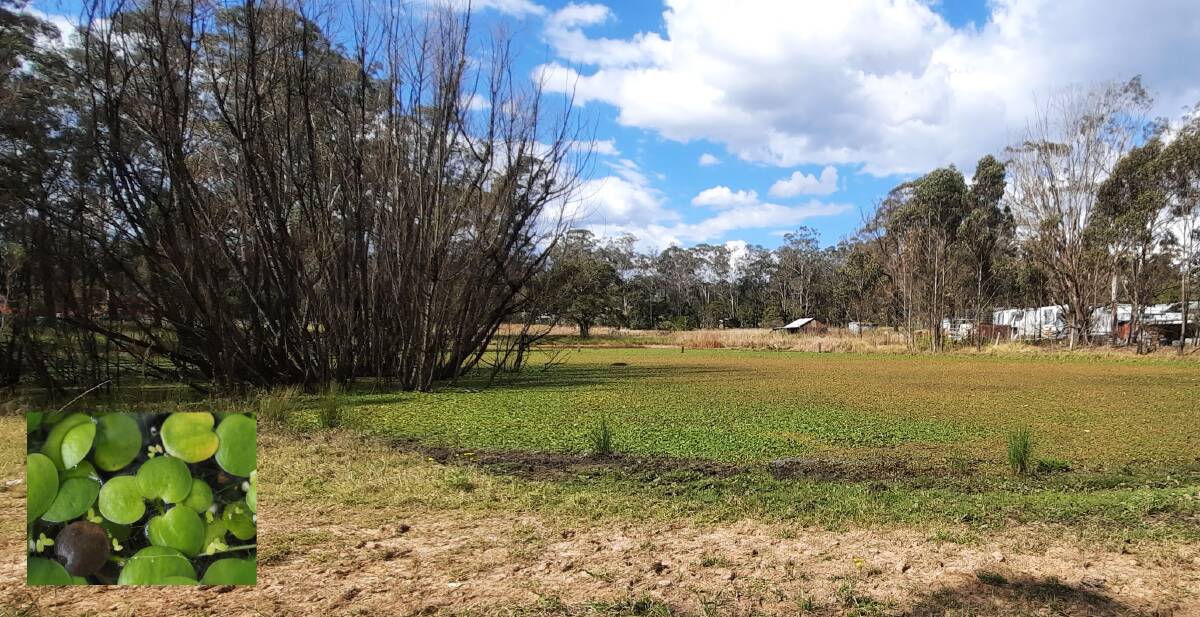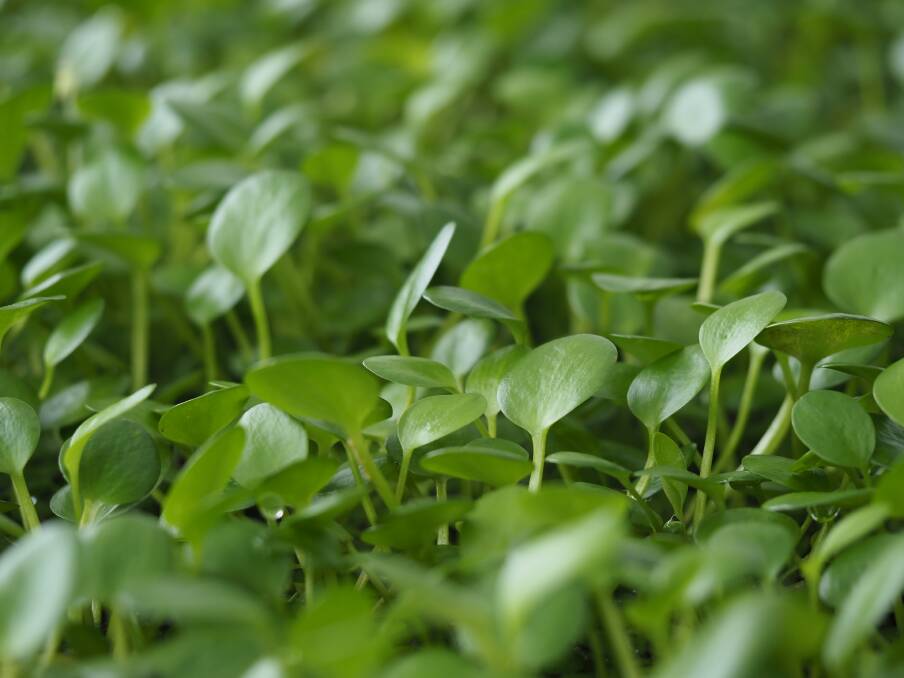An infestation of frogbit, an invasive, smothering water weed which poses a serious threat to the environment, has been detected at Oakville.
This month, NSW biosecurity specialists have orchestrated an eradication operation across close to 8000 hectares in Sydney to help rid the state of frogbit, Limnobium laevigatum.

From November 15 to 17, NSW Department of Primary Industries (DPI) is working with Hawkesbury River County Council (HRCC), NSW National Parks and 10 NSW Councils - including Hawkesbury - to eradicate the weed in a five-kilometre radius of the first infestation found at Oakville.
DPI State Priority Weeds coordinator, Charles Mifsud, said in late August this year a call from a member of the public alerted HRCC to the Oakville frogbit infestation.
"Surveillance has revealed 21 infestations with tens of thousands of frogbit plants in the Oakville and Scheyville area," he said.
"We plan to target around 620 residential properties and a significant part of Scheyville National Park.
"These infestations could have been spread by floodwaters, wildlife or human activity."
HRCC general manager, Chris Dewhurst, said because frogbit is a floating weed, it has the ability to move quite quickly through the waterways and to cover entire surfaces.
"The biggest impact that could potentially happen is that it could get into the main river system and then effectively shut the river down," he said.
"Similar to Salvinia, which shut the river down for many months back in 2004, it means you'd have a carpet of frogbit, and no one would effectively be able to use the river for the for that period of time.
"That would be an extremely expensive task to control. So, what we're trying to do is get it before it's established and it's within our reach to eradicate."
Mr Dewhurst said the exercise was building on the known locations of frogbit, to check if there was anymore or if it had spread any further.
He added that any low lying areas, communities connected to Oakville and Scheyville, and areas downstream are potential locations where the weed might have been moved to by the last floods.
Frogbit is native to Central and South America and is Prohibited Matter in NSW.
Mr Mifsud said it is illegal to have, move or sell the plant in NSW and eradication of frogbit is a priority.
"Illegally traded as a pond and aquarium plant, frogbit has spread into our waterways where it forms large dense mats, prevents native water plants from growing and limits light, food and shelter for fish and aquatic animals," he said.
"Frogbit can block waterways and irrigation channels, create dangerous conditions by hiding the water surface and making it appear like firm ground and can limit recreational activities such as fishing, swimming or boating."

Frogbit has been detected in aquariums and backyard ponds, and for sale in aquarium shops, at markets and online.
It is asked that if a member of the public suspects a plant they see in their yard or waterways, or for sale at a market, shop or online is frogbit, to call the NSW DPI Biosecurity Helpline - 1800 680 244 - or their local council, who can assist in identification and eradication.
The first known incursion of frogbit in NSW waterways was at Green Point in 2017, with infestation since being detected and successfully eradicated in Greater Sydney, Hunter, South East, North Coast, Northern Tablelands, Central Tablelands and Western LLS regions.
More information and photographs of frogbit are available at weeds.dpi.nsw.gov.au/Weeds/Frogbit.


